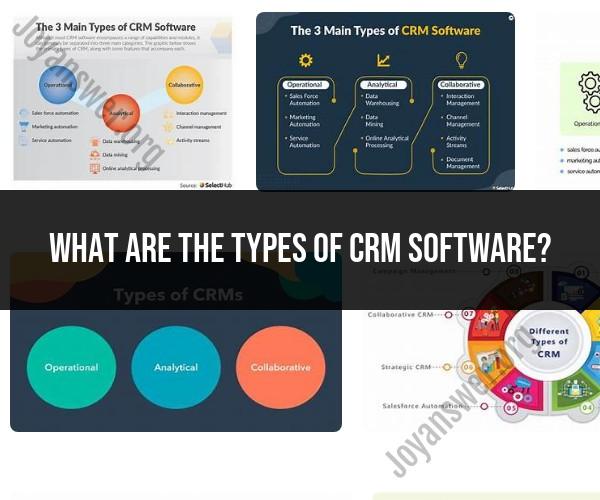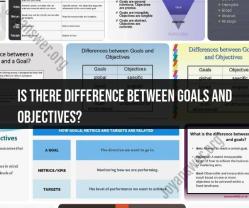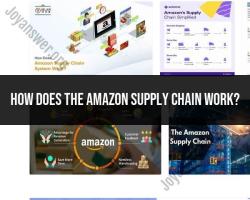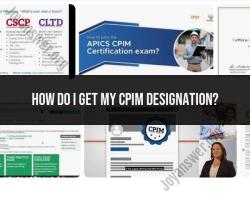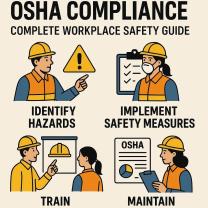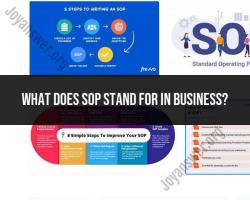What are the types of CRM software?
Customer Relationship Management (CRM) software comes in various types, each designed to cater to different business needs and industries. Here are some of the common types of CRM software:
Operational CRM:
- Operational CRM focuses on automating and improving various customer-facing processes, such as sales, marketing, and customer service. It includes features like lead management, contact management, sales automation, and customer support. Examples include Salesforce and HubSpot.
Analytical CRM:
- Analytical CRM software is used for analyzing customer data to gain insights and make data-driven decisions. It helps businesses understand customer behavior, preferences, and trends. These insights can be used to tailor marketing campaigns, product development, and customer service strategies.
Collaborative CRM:
- Collaborative CRM facilitates communication and collaboration between different teams and departments within an organization. It enables employees to share customer information and collaborate on customer-related tasks, improving the overall customer experience.
Strategic CRM:
- Strategic CRM software helps organizations align their business goals and objectives with customer relationships. It involves long-term planning and strategy development to acquire and retain profitable customers. It often includes customer segmentation and personalized marketing strategies.
Salesforce Automation (SFA) Software:
- SFA software is a subset of CRM that focuses primarily on automating sales-related tasks, such as lead management, opportunity tracking, and sales forecasting. It streamlines the sales process and helps sales teams manage their pipelines more efficiently.
Marketing Automation Software:
- Marketing automation CRM software is designed to streamline and automate marketing activities, including email marketing, lead nurturing, campaign management, and analytics. It helps businesses target the right audience with personalized marketing messages.
Customer Service CRM:
- Customer service CRM software is focused on improving the customer support and service experience. It includes features like ticket management, knowledge bases, live chat, and self-service portals to assist customers and resolve issues more efficiently.
eCommerce CRM:
- eCommerce CRM software is tailored to the needs of online retailers. It integrates with eCommerce platforms to provide insights into customer behavior, track purchase history, and deliver personalized shopping experiences.
Small Business CRM:
- Small business CRM solutions are designed to meet the needs of smaller companies with limited resources. These systems are often more cost-effective and user-friendly, making them a suitable choice for startups and small businesses.
Industry-Specific CRM:
- Some CRM software is designed for specific industries, such as healthcare, real estate, or financial services. These solutions often come with industry-specific features and compliance requirements to address the unique needs of those sectors.
Custom CRM:
- Some businesses choose to build their own custom CRM software to meet their unique requirements. This approach allows for complete customization and control over the CRM system but can be more resource-intensive.
Choosing the right type of CRM software depends on your business objectives, industry, and specific needs. It's essential to carefully evaluate the features, scalability, and pricing of different CRM solutions to find the one that best aligns with your business goals and customer relationship management strategies.
What are the different types of Customer Relationship Management (CRM) software?
There are three main types of CRM software:
- Operational CRM: This type of CRM software focuses on automating and streamlining customer-facing processes, such as sales, marketing, and customer service.
- Analytical CRM: This type of CRM software focuses on collecting and analyzing customer data to help businesses make better decisions about their products, services, and marketing campaigns.
- Collaborative CRM: This type of CRM software focuses on improving communication and collaboration between different departments within a business, as well as with customers.
How to choose the right CRM solution for your business or organization?
When choosing a CRM solution, it is important to consider the following factors:
- Your business needs: What are your specific business needs? What features and functionality are important to you?
- Your budget: How much can you afford to spend on a CRM solution?
- Your team size: How many people will be using the CRM software?
- Your industry: Are there any specific CRM solutions that are designed for your industry?
Can you provide examples of popular CRM software options in the market?
Some of the most popular CRM software options in the market include:
- Salesforce
- HubSpot CRM
- Zoho CRM
- Microsoft Dynamics 365 CRM
- Oracle CRM Cloud
- SAP Customer Experience
- SugarCRM
- Freshsales
- Pipedrive
- Insightly
- Bitrix24
- Nimble CRM
What are the key features and functionalities to look for in CRM systems?
Some of the key features and functionalities to look for in CRM systems include:
- Contact management: The CRM system should be able to store and manage contact information for customers, leads, and prospects.
- Opportunity management: The CRM system should be able to track sales opportunities from lead generation to close.
- Activity tracking: The CRM system should be able to track all customer interactions, such as emails, phone calls, and meetings.
- Reporting and analytics: The CRM system should be able to generate reports and analytics on customer data, such as sales performance, customer satisfaction, and marketing campaign results.
- Mobile access: The CRM system should be accessible on mobile devices, so that sales reps and customer service agents can access customer data on the go.
How to implement and customize CRM software to meet specific business needs?
Once you have chosen a CRM solution, you will need to implement and customize it to meet your specific business needs. This may involve importing your existing customer data, setting up custom fields and workflows, and integrating the CRM system with other business software.
Many CRM software providers offer implementation and customization services. You can also hire a CRM consultant to help you implement and customize your CRM solution.
Here are some tips for implementing and customizing CRM software:
- Start by defining your business goals: What do you want to achieve with your CRM system? Once you know your business goals, you can identify the specific features and functionality that you need.
- Involve your team in the implementation process: Get input from your team on their needs and requirements. This will help you to choose the right CRM solution and ensure that it is implemented in a way that works for your team.
- Start with a basic configuration: You don't need to customize the CRM system extensively right away. Start with a basic configuration and then add custom features and functionality as needed.
- Test the CRM system thoroughly: Before you roll out the CRM system to your team, test it thoroughly to make sure that it is working as expected.
- Provide training to your team: Make sure that your team is properly trained on how to use the CRM system. This will help them to get the most out of the system and avoid any problems.
By following these tips, you can successfully implement and customize CRM software to meet your specific business needs.
